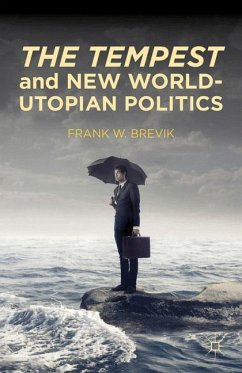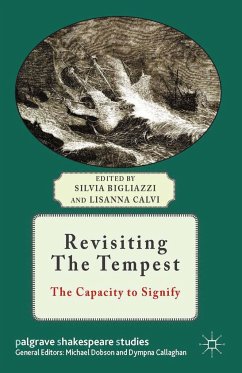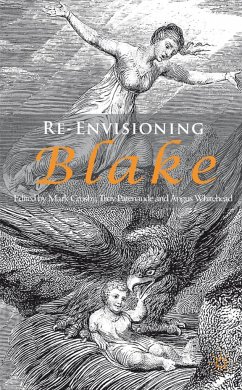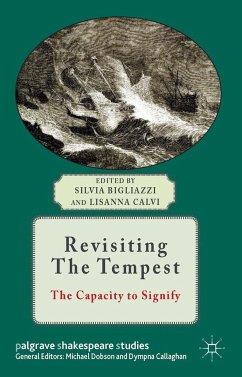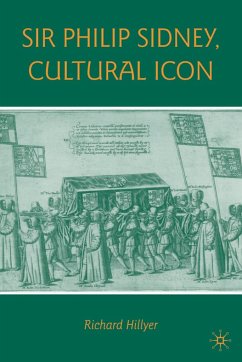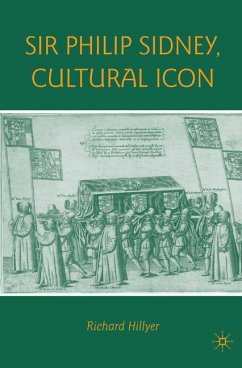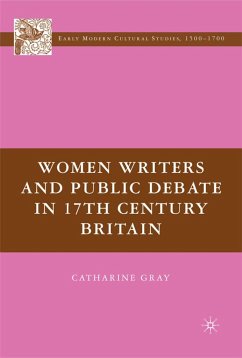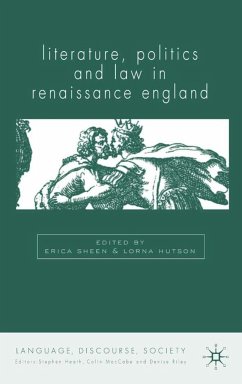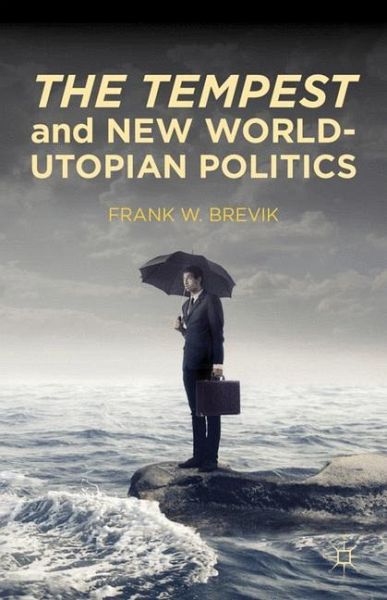
The Tempest and New World-Utopian Politics
Versandkostenfrei!
Versandfertig in 6-10 Tagen
38,99 €
inkl. MwSt.
Weitere Ausgaben:

PAYBACK Punkte
19 °P sammeln!
This study on New World-utopian politics in The Tempest traces paradigm shifts in literary criticism over the past six decades that have all but reinscribed the text into a political document. This book challenges the view that the play has a dominant New World dimension and demonstrates through close textual readings how an unstable setting at the same time enables and effaces discursively over-invested New World interpretations. Almost no critical attention has been paid to the play's vacuum of power, and this work interprets pastoral, utopian, and 'American' tensions in light of the play's ...
This study on New World-utopian politics in The Tempest traces paradigm shifts in literary criticism over the past six decades that have all but reinscribed the text into a political document. This book challenges the view that the play has a dominant New World dimension and demonstrates through close textual readings how an unstable setting at the same time enables and effaces discursively over-invested New World interpretations. Almost no critical attention has been paid to the play's vacuum of power, and this work interprets pastoral, utopian, and 'American' tensions in light of the play's forever-ambiguous setting as well as through a 'presentist' post-1989 lens, an oft-neglected historical and political paradigm shift in Shakespeare criticism.





